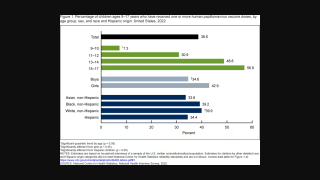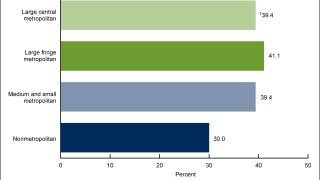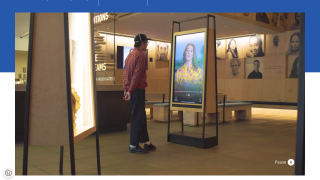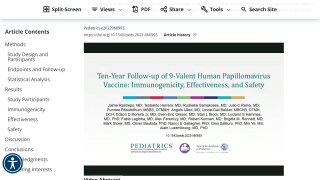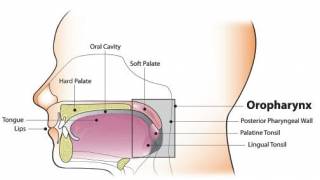Single-dose HPV Vaccinations Boost Cancer Prevention

New data published by the World Health Organization (WHO) highlights brighter spots in global immunization coverage. On July 15, 2024, the WHO wrote the steady introduction of new and under-utilized vaccines, including vaccines targeting human papillomavirus (HPV), has produced positive results.
About 85% of people will get an HPV infection in their lifetime.
For example, the share of adolescent girls globally who received at least one dose of the HPV vaccine, which protects against cervical cancer, increased from 20% in 2022 to 27% in 2023.
The use of the single-dose HPV vaccine schedule also helped boost vaccine coverage.
Strong introductions in countries such as Bangladesh, Indonesia, and Nigeria primarily drove this increase.
However, HPV vaccine coverage is well below the 90% target to eliminate cervical cancer as a public health problem, reaching only 56% of adolescent girls in high-income countries and 23% in low- and middle-income countries.
"The HPV vaccine is one of the most impactful vaccines in Gavi’s portfolio, and it is incredibly heartening that it is now reaching more girls than ever before,” said Dr. Sania Nishtar, CEO of Gavi, the Vaccine Alliance, in a WHO press release.
“With vaccines now available to over 50% of eligible girls in African countries, we have much work to be done, but today, we can see we have a clear pathway to eliminating this terrible disease.”
New insights suggest innovative marketing programs are needed to expand HPV vaccine uptake.
A recent poll of over 400,000 users of UNICEF’s digital platform for young people, U-Report, revealed that over 75% are unaware or unsure of what HPV is, underscoring the need for better vaccine accessibility and public awareness.
When informed about the virus, its link to cancers, and the existence of a vaccine, 52% of respondents indicated they want to receive the HPV vaccine but are hindered by financial constraints (41%) and lack of availability (34%).
As of July 2024, various HPV vaccines were available worldwide.
In the United States, the CDC recommends two doses of HPV vaccine for all adolescents at age 11 or 12 years.
Our Trust Standards: Medical Advisory Committee





